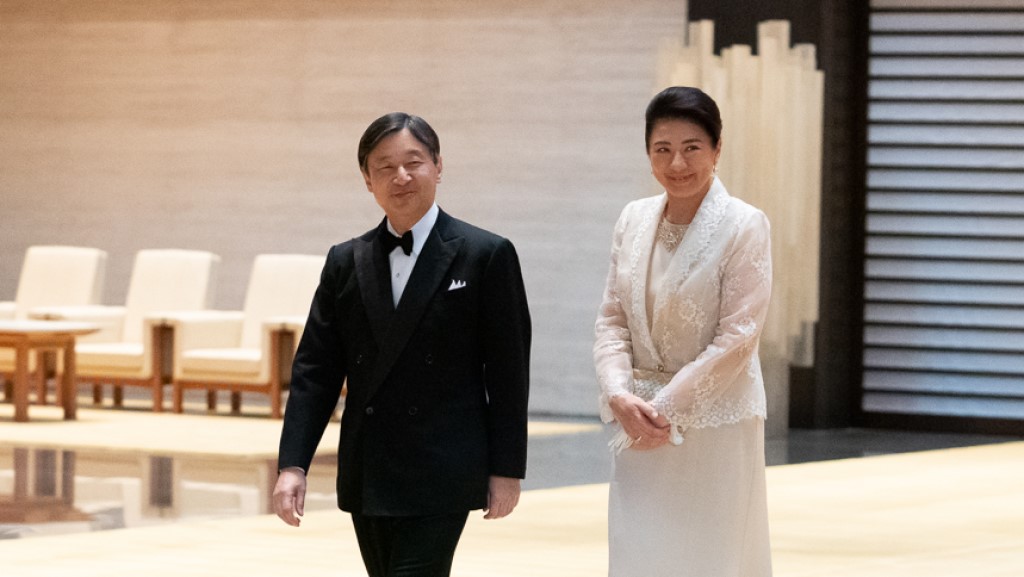Japan’s Reiwa Era – More than Just a Name

Japan’s newest era has an undeniable geopolitical undertone.
On April 30, Japan’s Emperor Akihito stepped down as the Emperor of the Chrysanthemum Throne. Crown Prince Naruhito has taken over the throne.
This is another break in a series of ground shaking actions that the symbolic emperor of Japan has undertaken during his reign. Emperor Akihito’s stepping down will be the first abdication of the throne in the last 200 years. The new era, which will be named the Reiwa Era, took effect on May 1. Emperor Akihito’s era was named Heisei.
Under Japan’s postwar constitution, the Emperor has no power, and only symbolically serves the country. However, this is not to say that the government takes the Chrysanthemum Throne lightly.
Emperor Naruhito and Empress Masako of Japan at Palace Hotel Tokyo | The White House
In fact, the preparation for the cessation of the throne and the beginning of the new era are all handled delicately by the Japanese government as they hoped that the new era would bring a future “brimming with hope.”
There will only be one month for the switch of government, and both the public and businesses around the country will have to adapt to the change in the era. In Japan, the current era is reflected in important documents like marriage certificates.
The name of the new era is garnering a variety of reactions from both the Japanese public and global commentators because it was taken from the Manyoshu, an ancient document containing Japanese poetry. What many people don’t know is that this is also the first time that Japan named an era from a Japanese reference, and not an ancient Chinese one. The country’s calendar system was imported from China more than a millennia ago, and the modern period has had a total of four eras: Meiji, Taisho, Showa, Heisei, and the most current one, Reiwa.
According to Japanese news outlets, the name of the new era was kept strictly under wraps prior to PM Shinzo Abe’s announcement on Monday, as the government faced intense media pressure to reveal it somehow. In the past, if the name of a new era leaked to the media, the government officials involved in the leak would be shamed.





